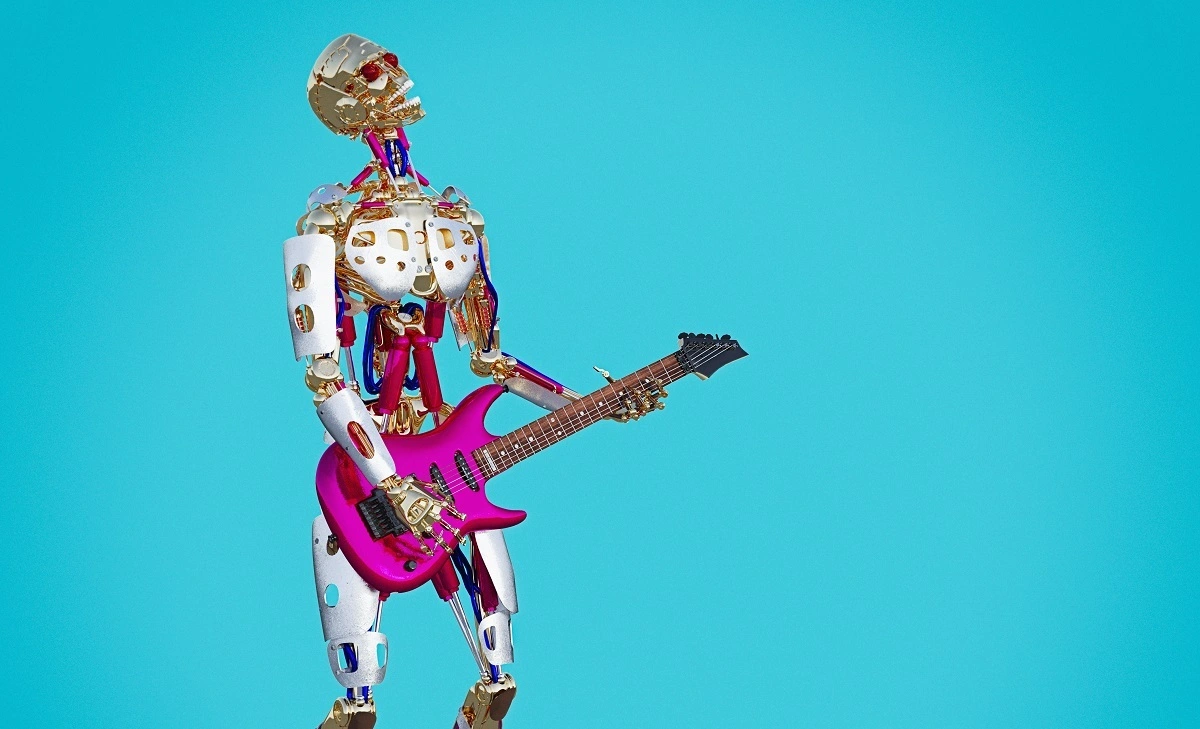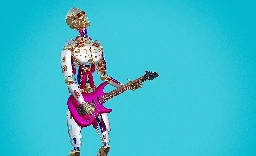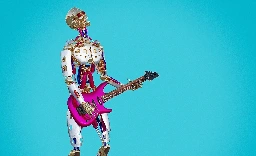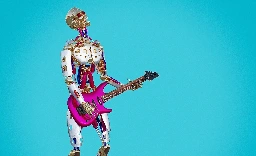Man Arrested for Creating Fake Bands With AI, Then Making $10 Million by Listening to Their Songs With Bots
Man Arrested for Creating Fake Bands With AI, Then Making $10 Million by Listening to Their Songs With Bots

Man Arrested for Creating Fake Bands With AI, Then Making $10 Million by Listening to Their Songs With Bots

The songs that the AI CEO provided to Smith originally had file names full of randomized numbers and letters such as "n_7a2b2d74-1621-4385-895d-b1e4af78d860.mp3," the DOJ noted in its detailed press release.
When uploading them to streaming platforms, including Amazon Music, Apple Music, Spotify, and YouTube Music, the man would then change the songs' names to words like "Zygotes," "Zygotic," and "Zyme Bedewing," whatever that is.
The artist naming convention also followed a somewhat similar pattern, with names ranging from the normal-sounding "Calvin Mann" to head-scratchers like "Calorie Event," "Calms Scorching," and "Calypso Xored."
To manufacture streams for these fake songs, Smith allegedly used bots that stream the songs billions of times without any real person listening. As with similar schemes, the bots' meaningless streams were ultimately converted to royalty paychecks for the people behind them.


